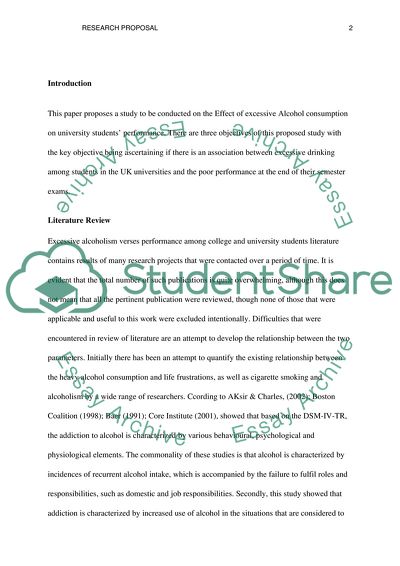Cite this document
(“The Effect of Excessive Alcohol Consumption Research Paper”, n.d.)
The Effect of Excessive Alcohol Consumption Research Paper. Retrieved from https://studentshare.org/social-science/1789067-research-methods
The Effect of Excessive Alcohol Consumption Research Paper. Retrieved from https://studentshare.org/social-science/1789067-research-methods
(The Effect of Excessive Alcohol Consumption Research Paper)
The Effect of Excessive Alcohol Consumption Research Paper. https://studentshare.org/social-science/1789067-research-methods.
The Effect of Excessive Alcohol Consumption Research Paper. https://studentshare.org/social-science/1789067-research-methods.
“The Effect of Excessive Alcohol Consumption Research Paper”, n.d. https://studentshare.org/social-science/1789067-research-methods.


